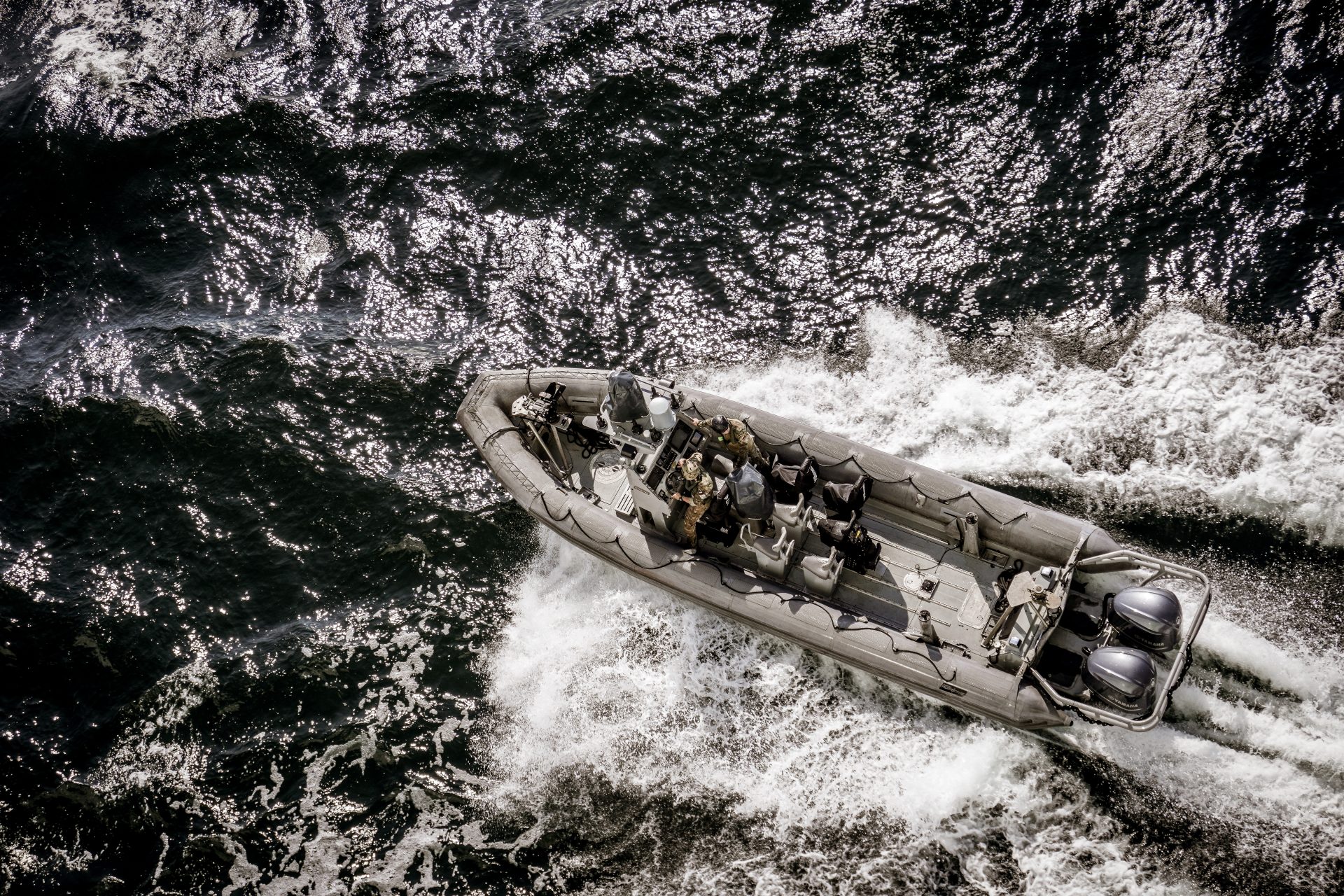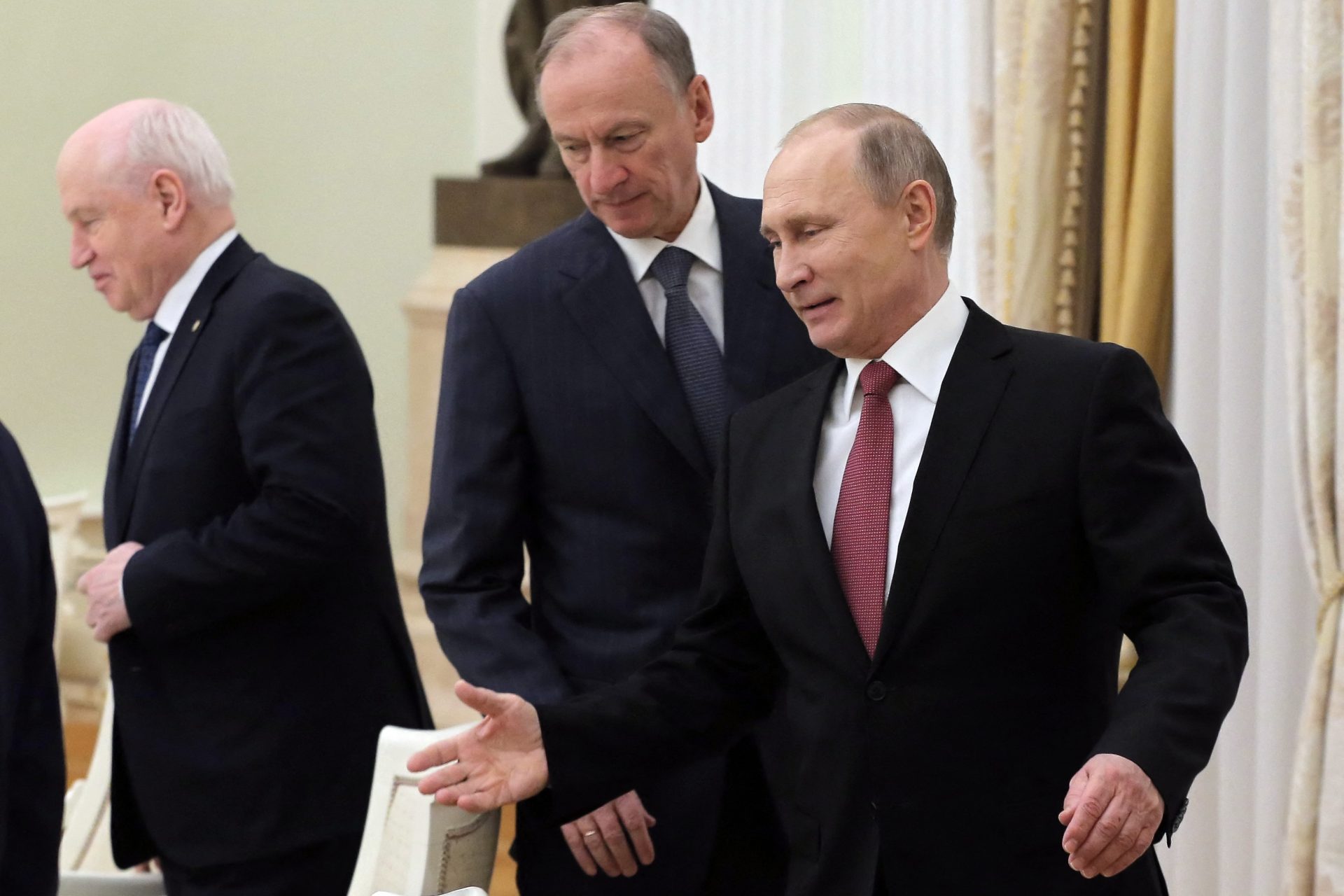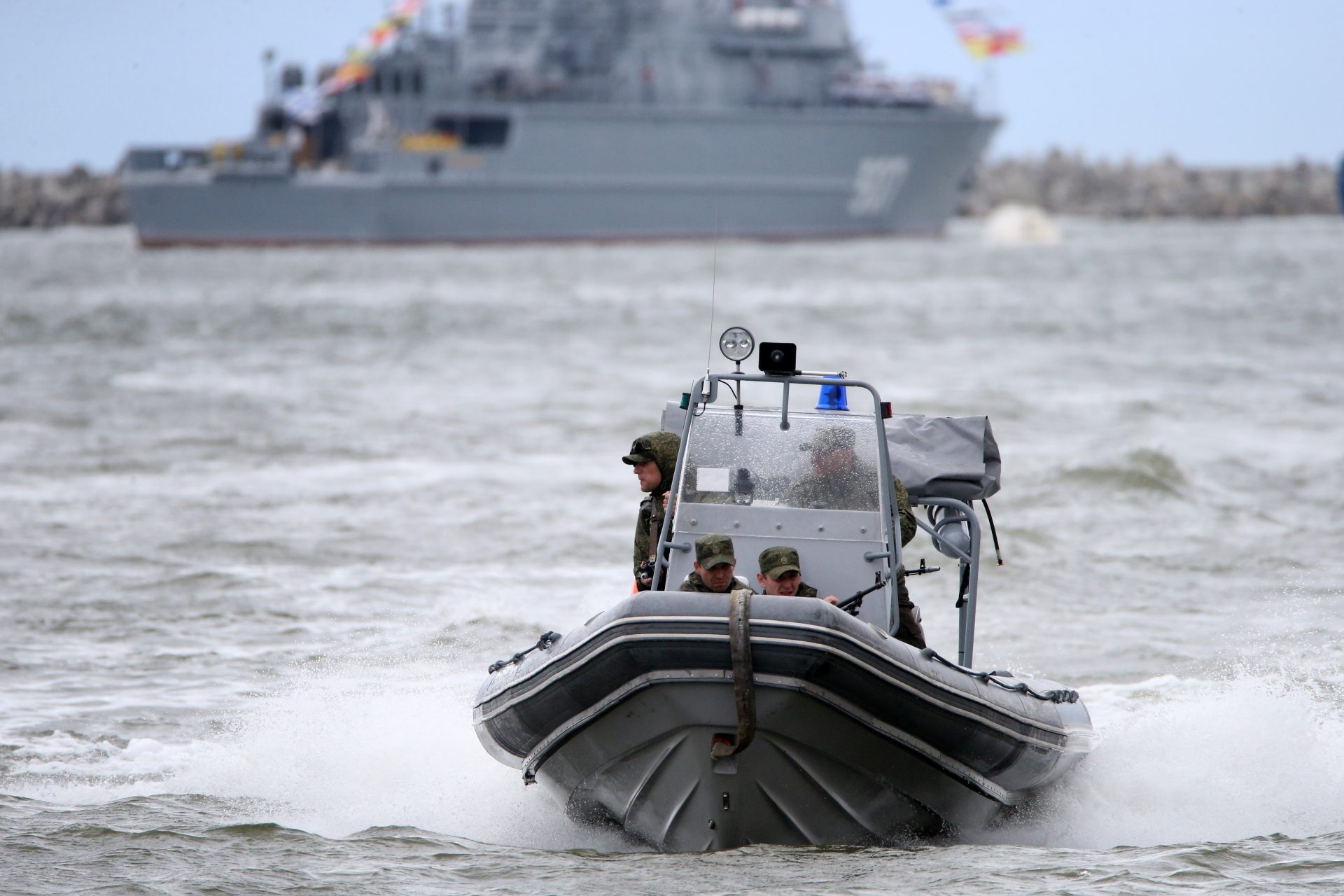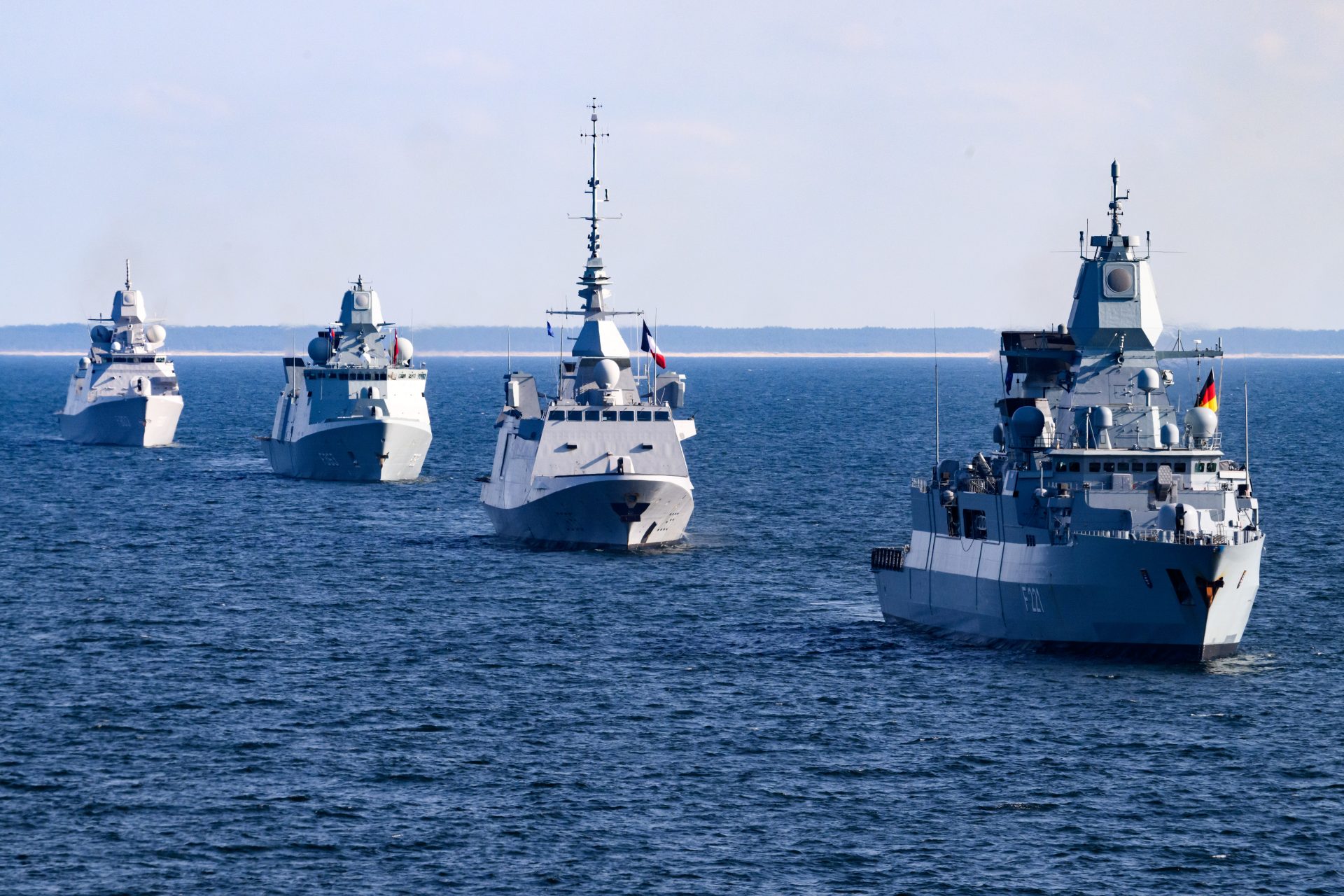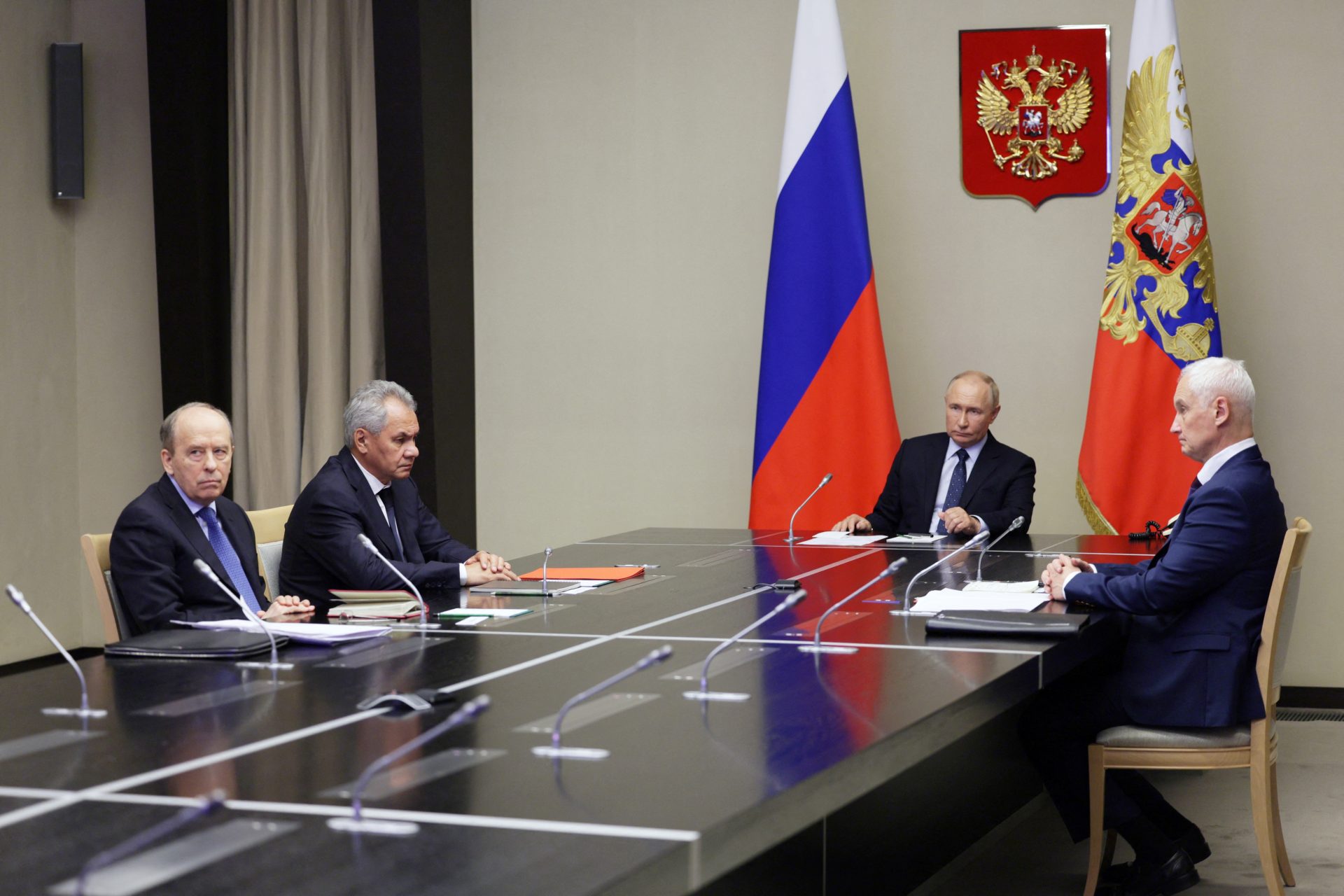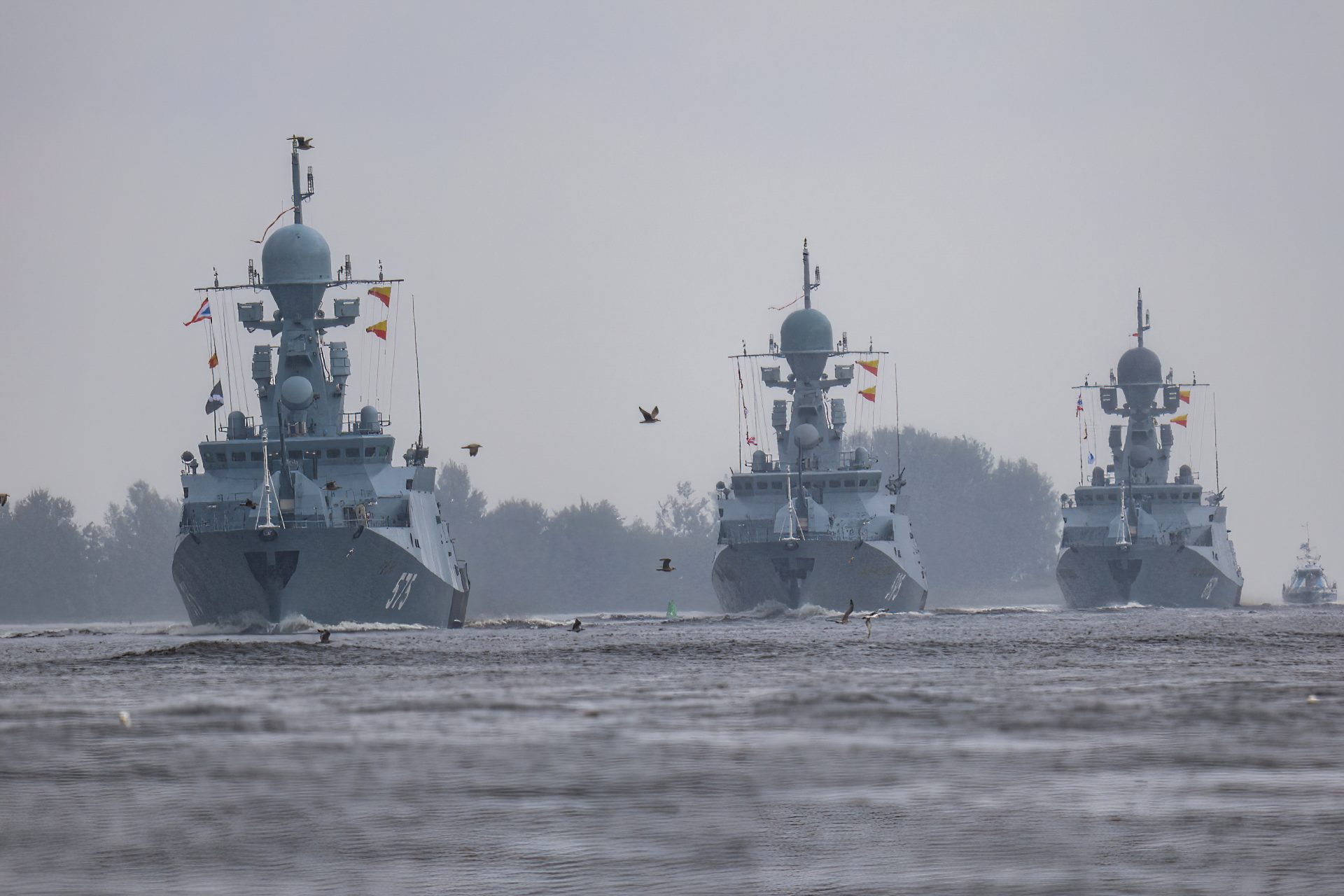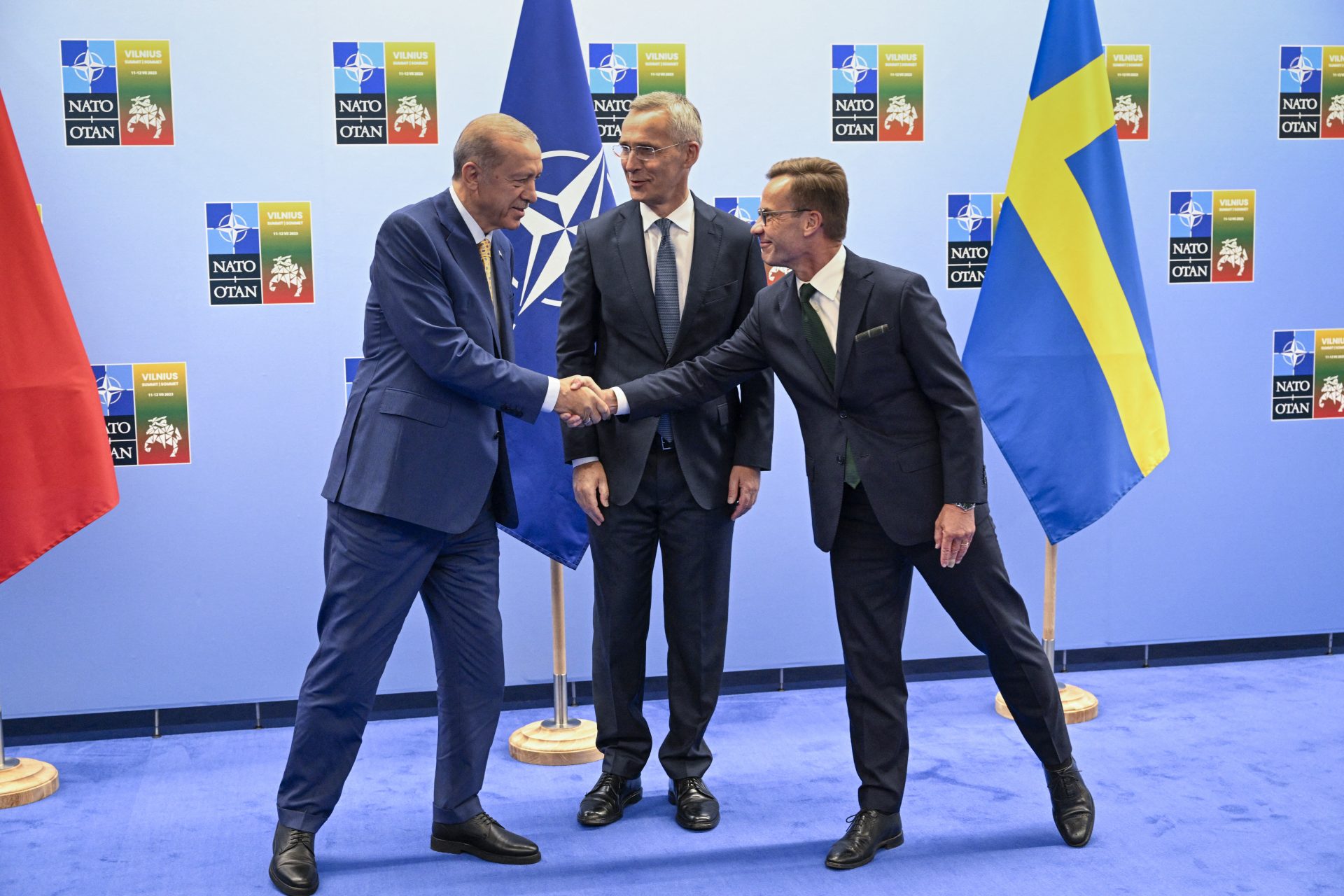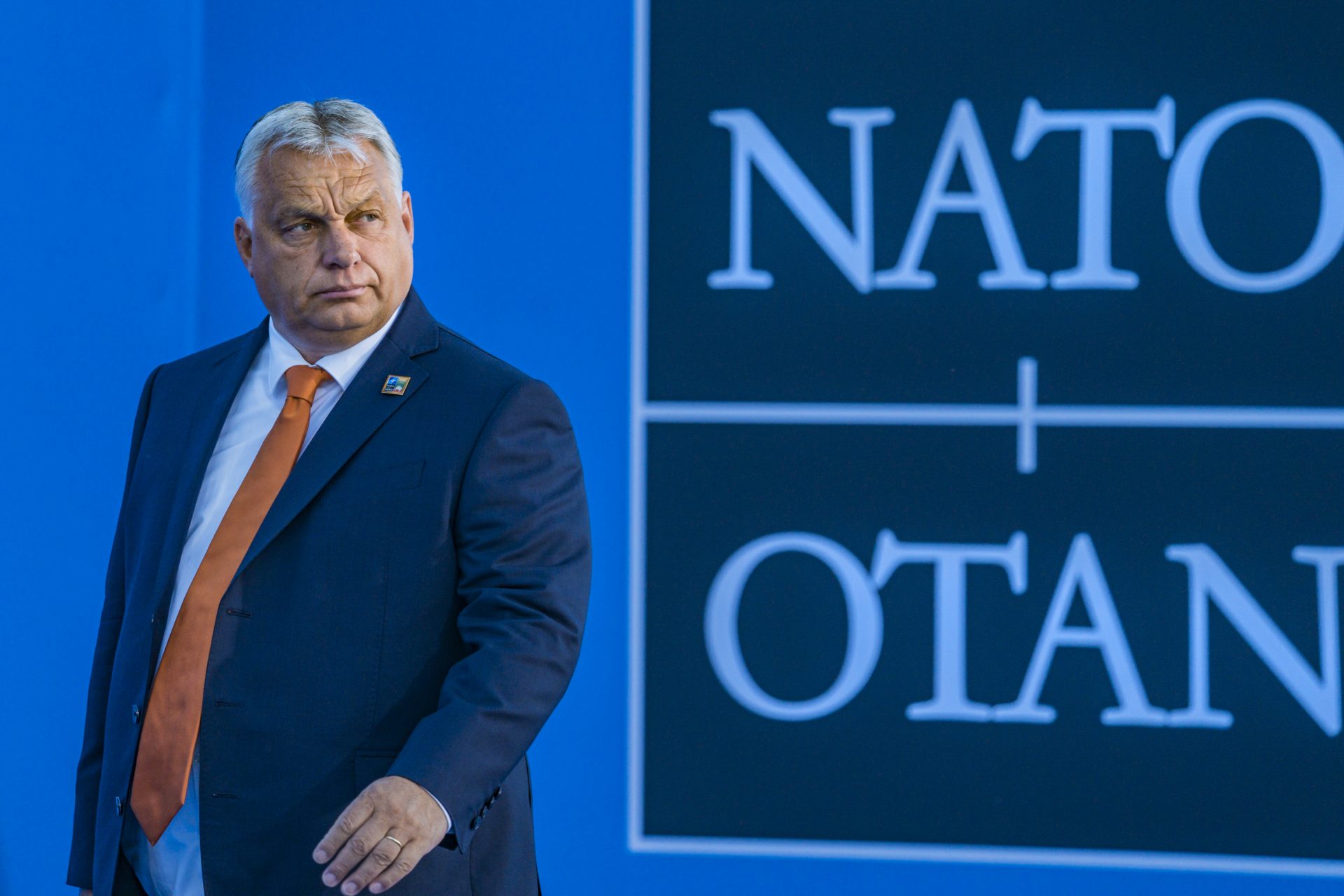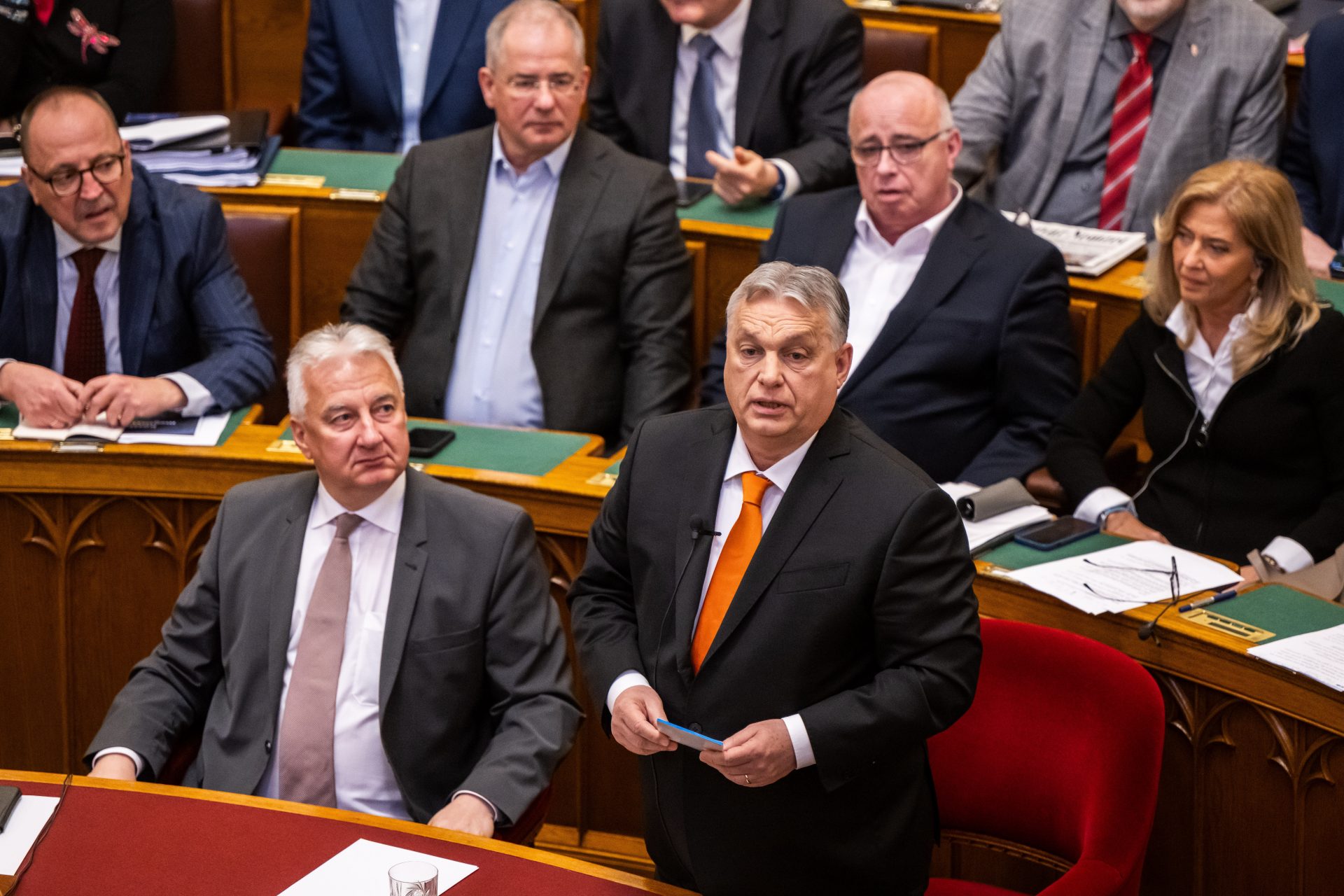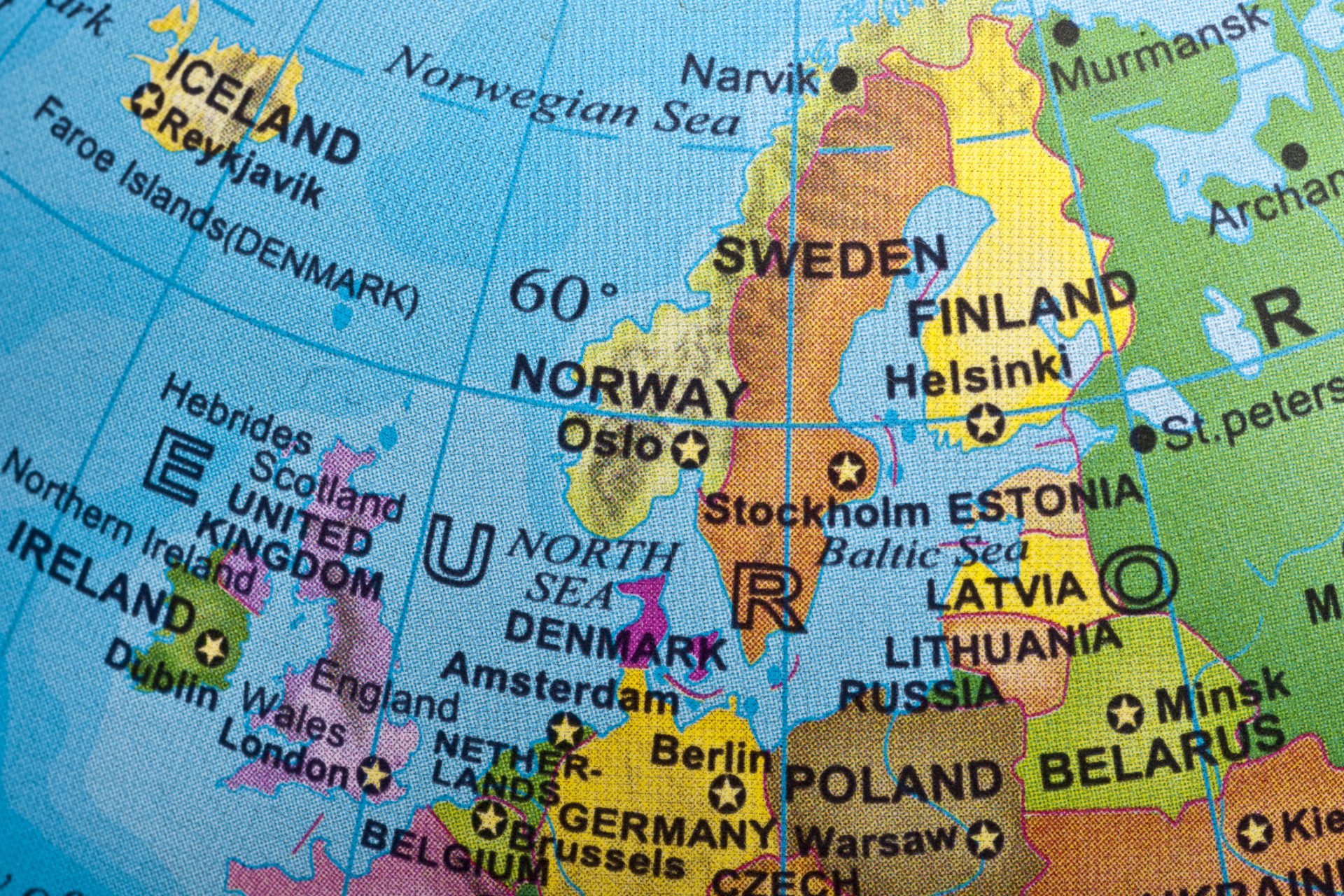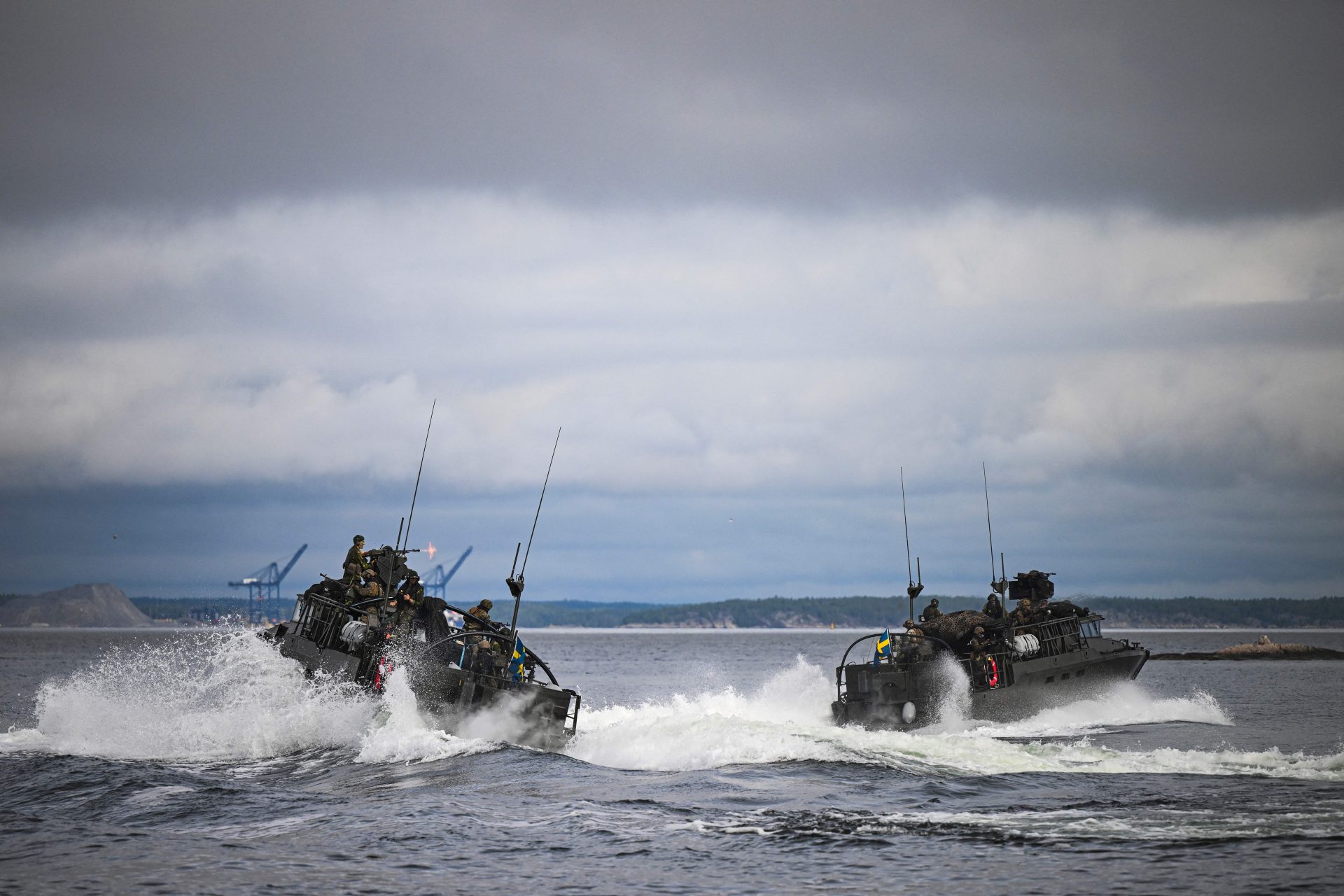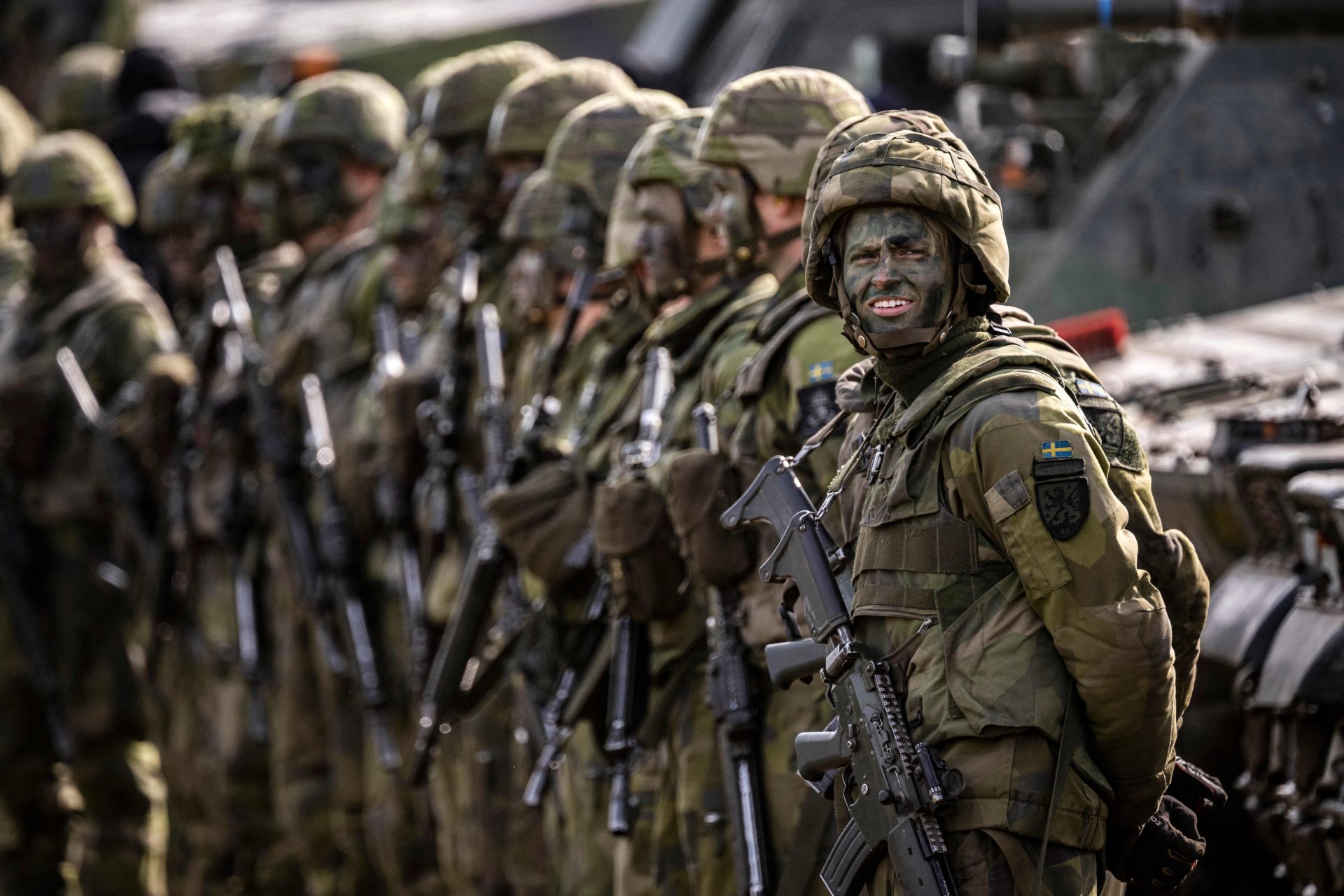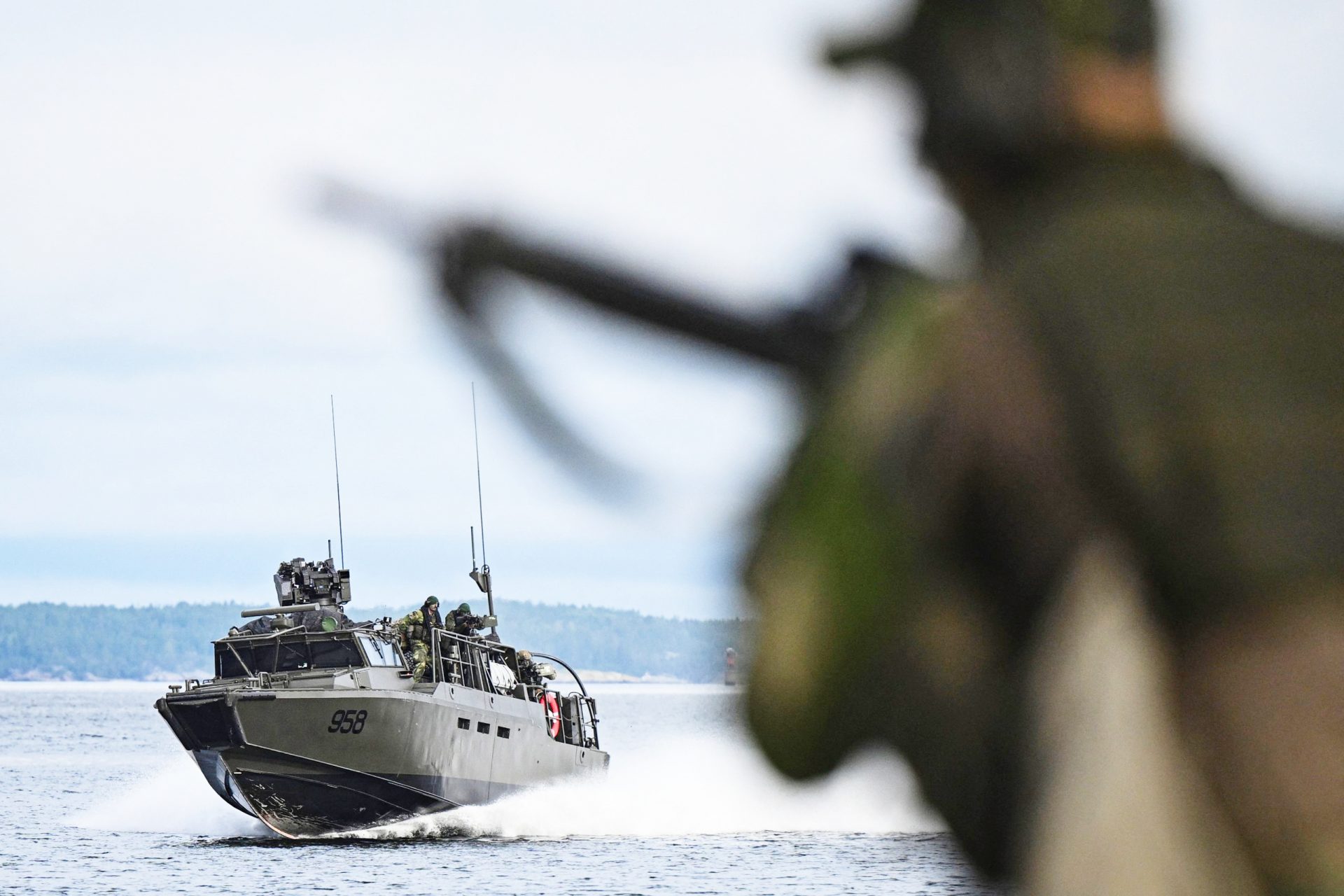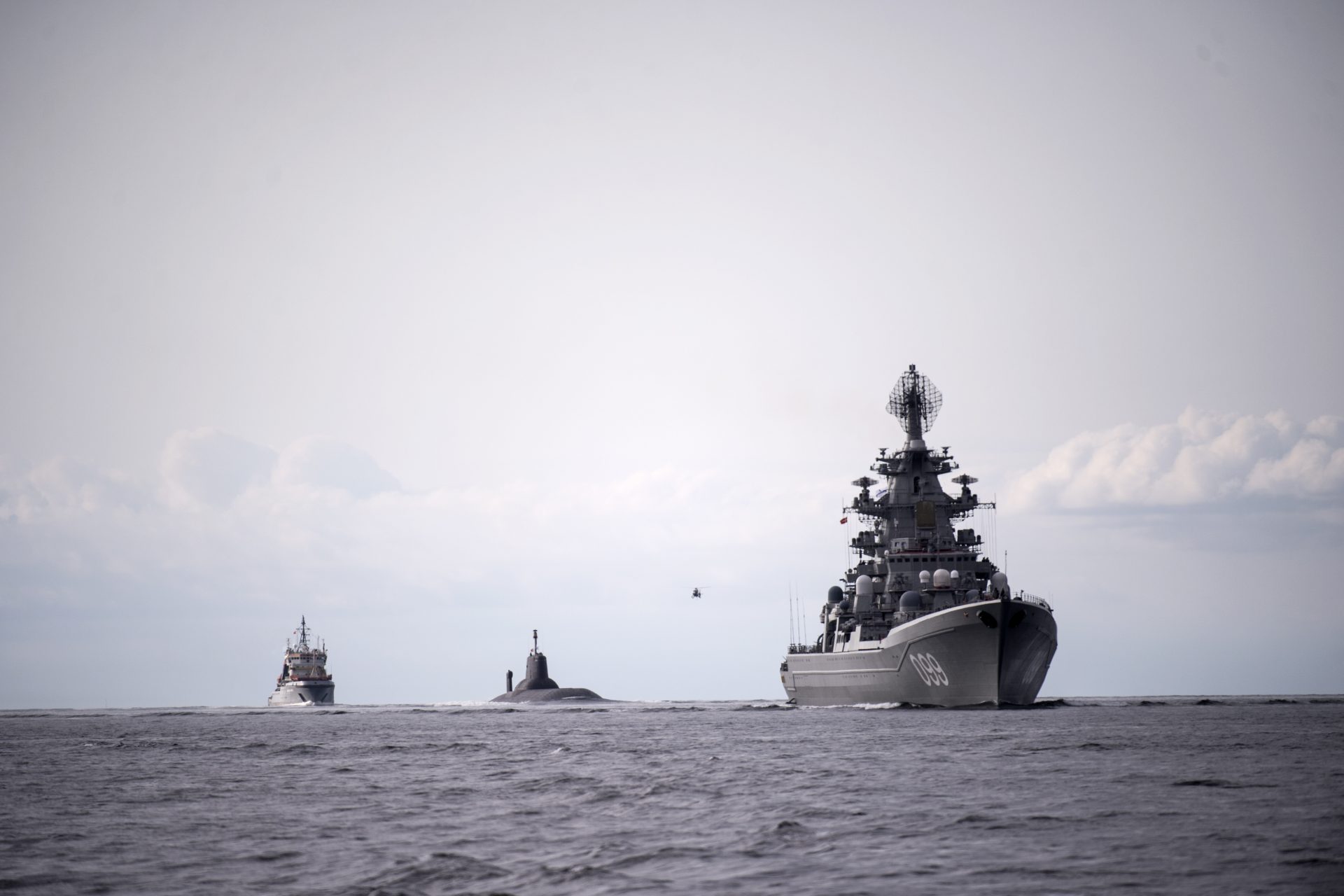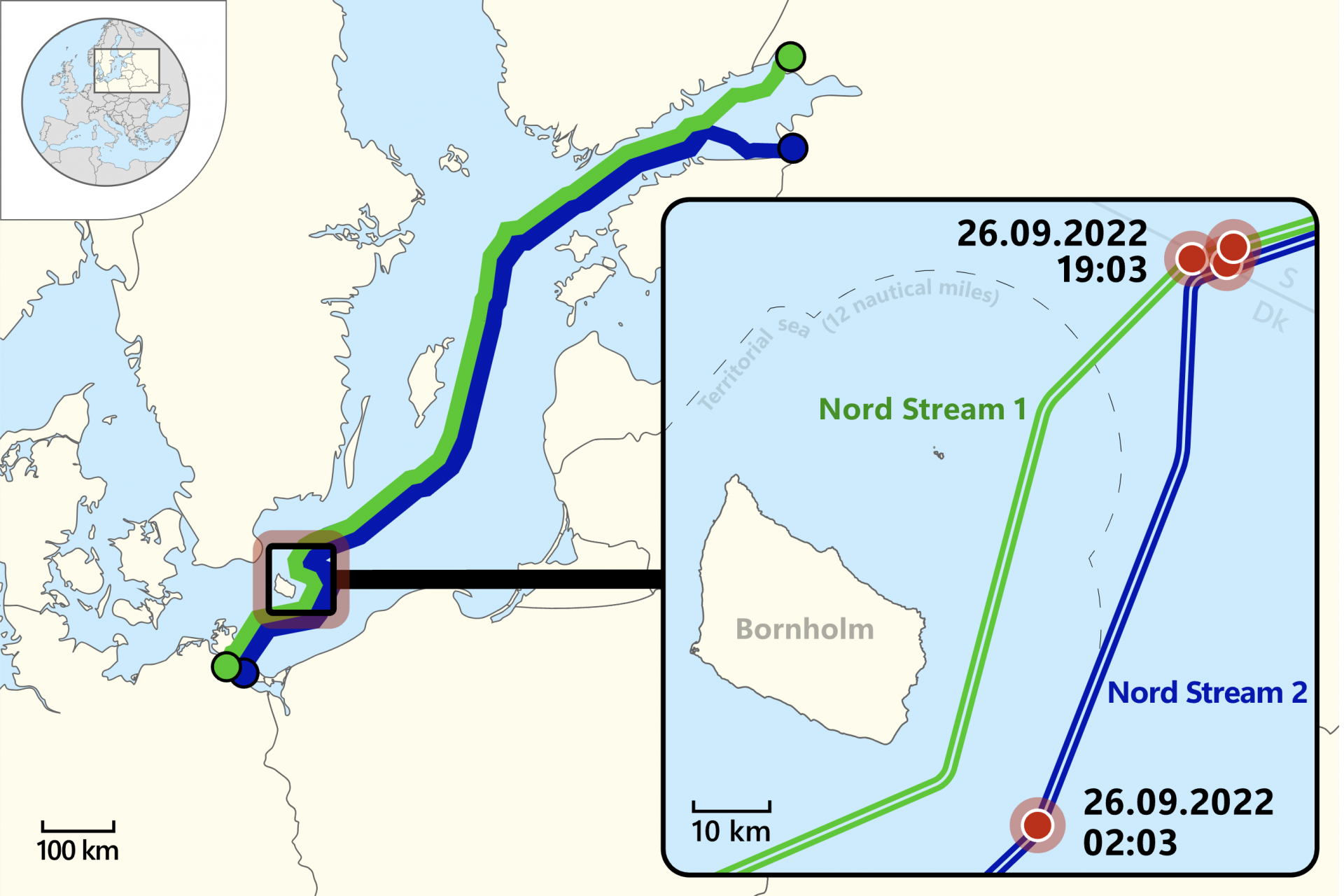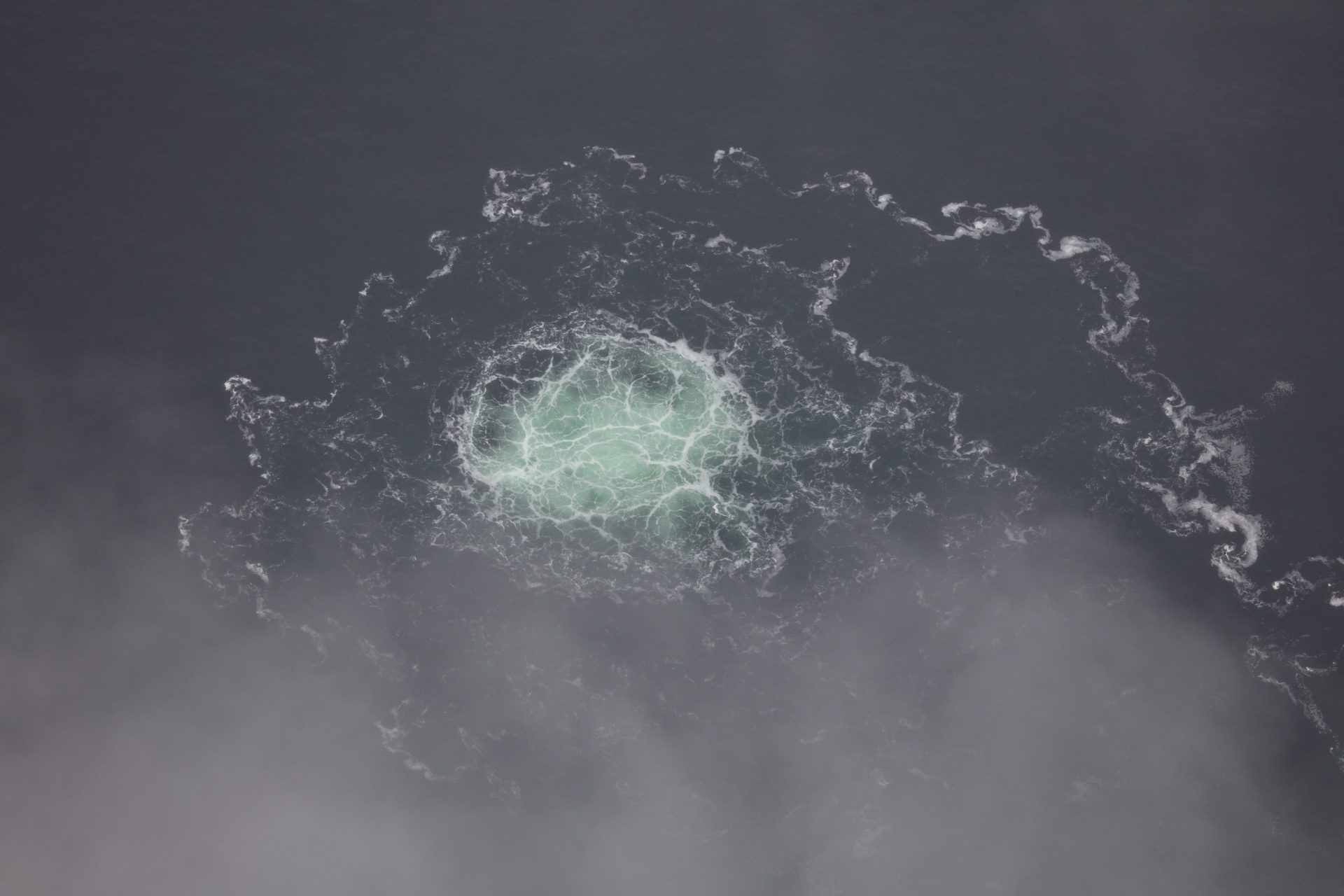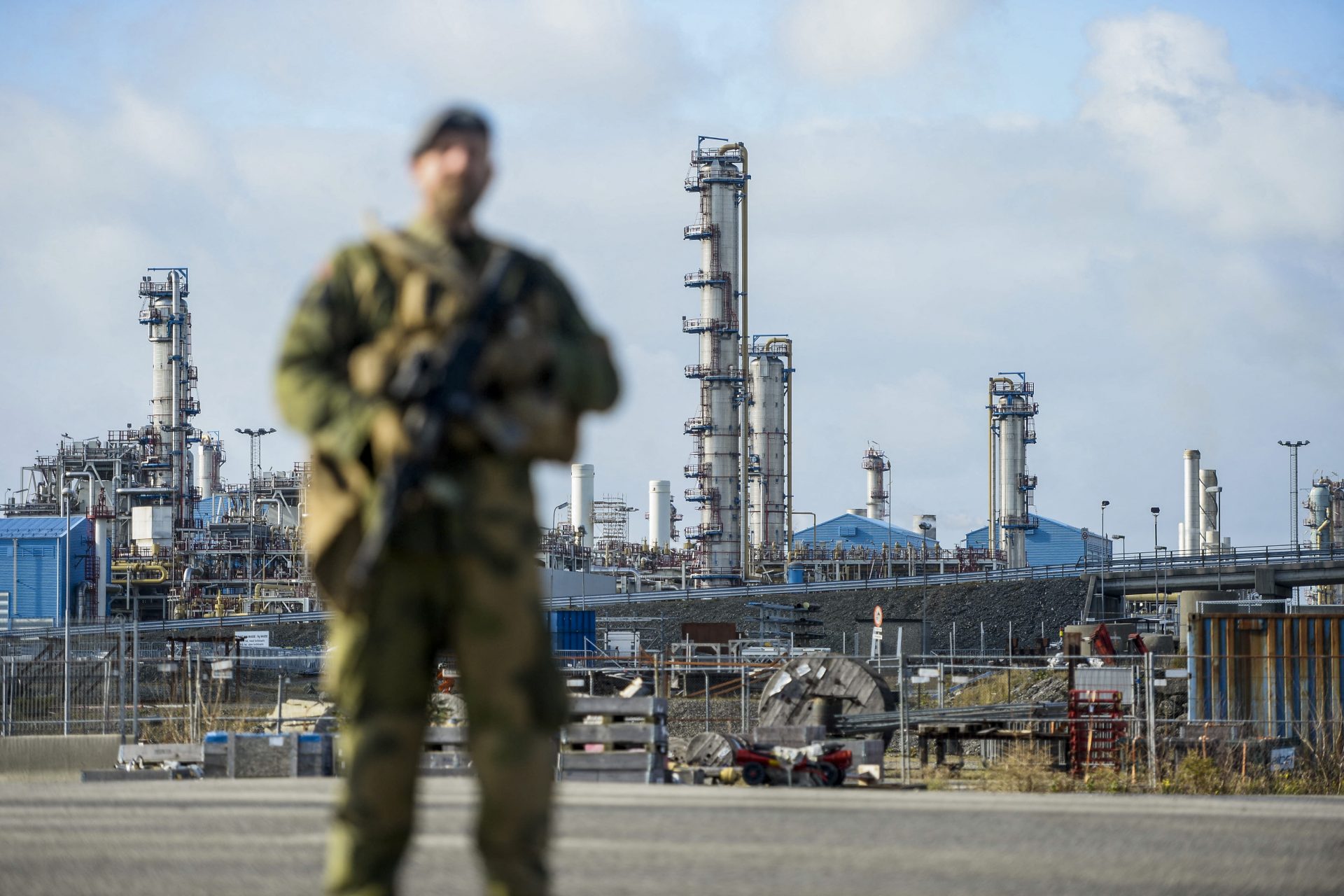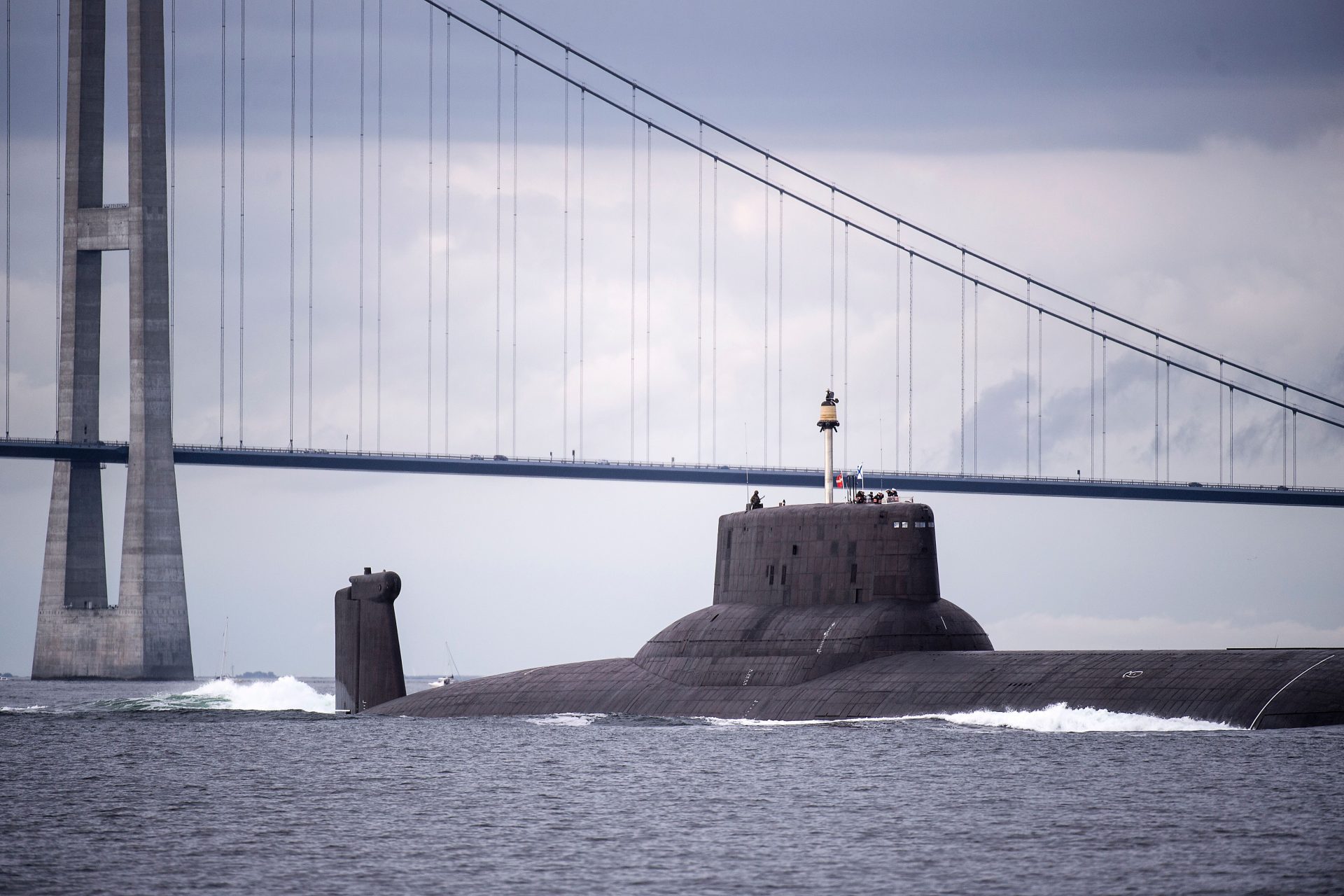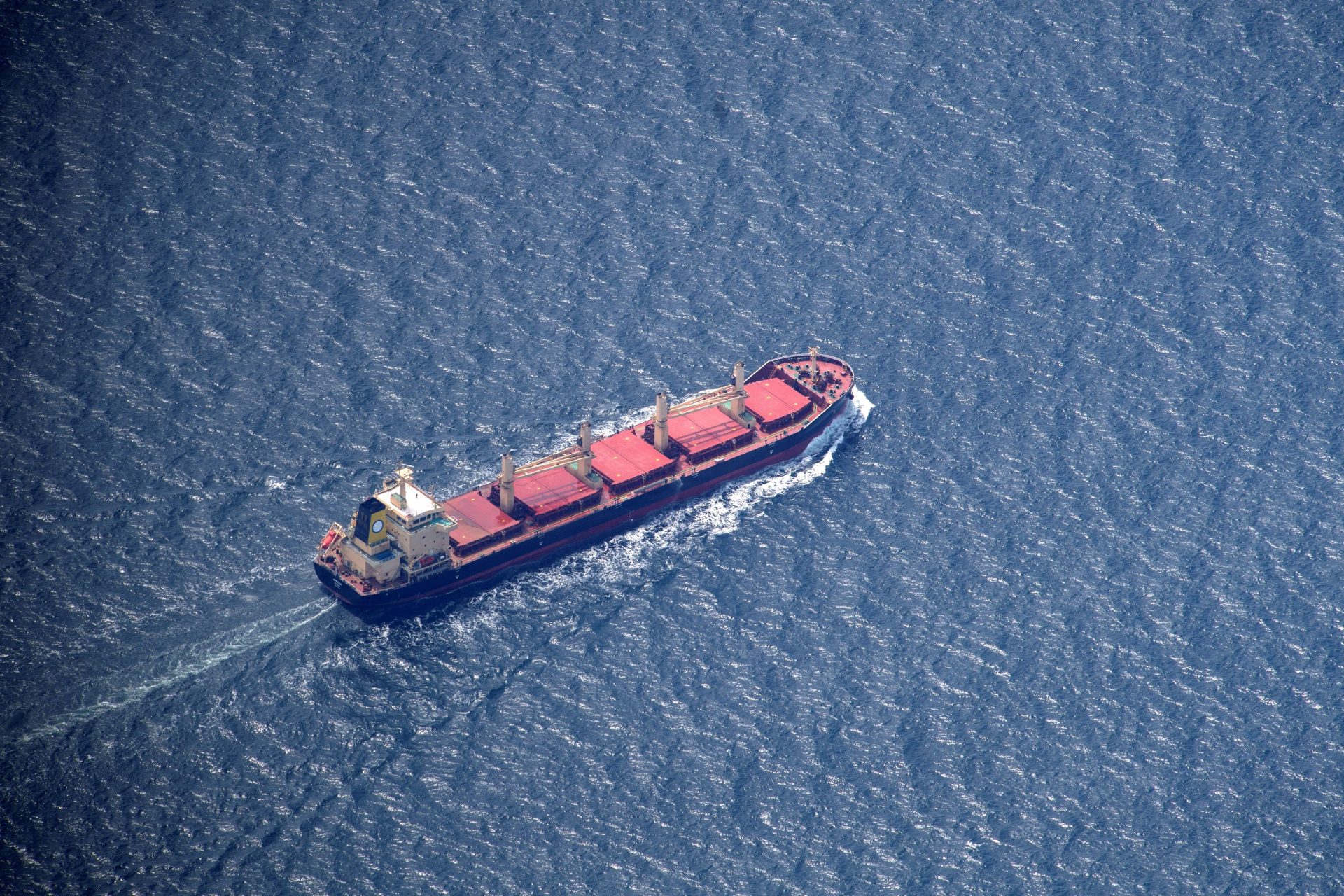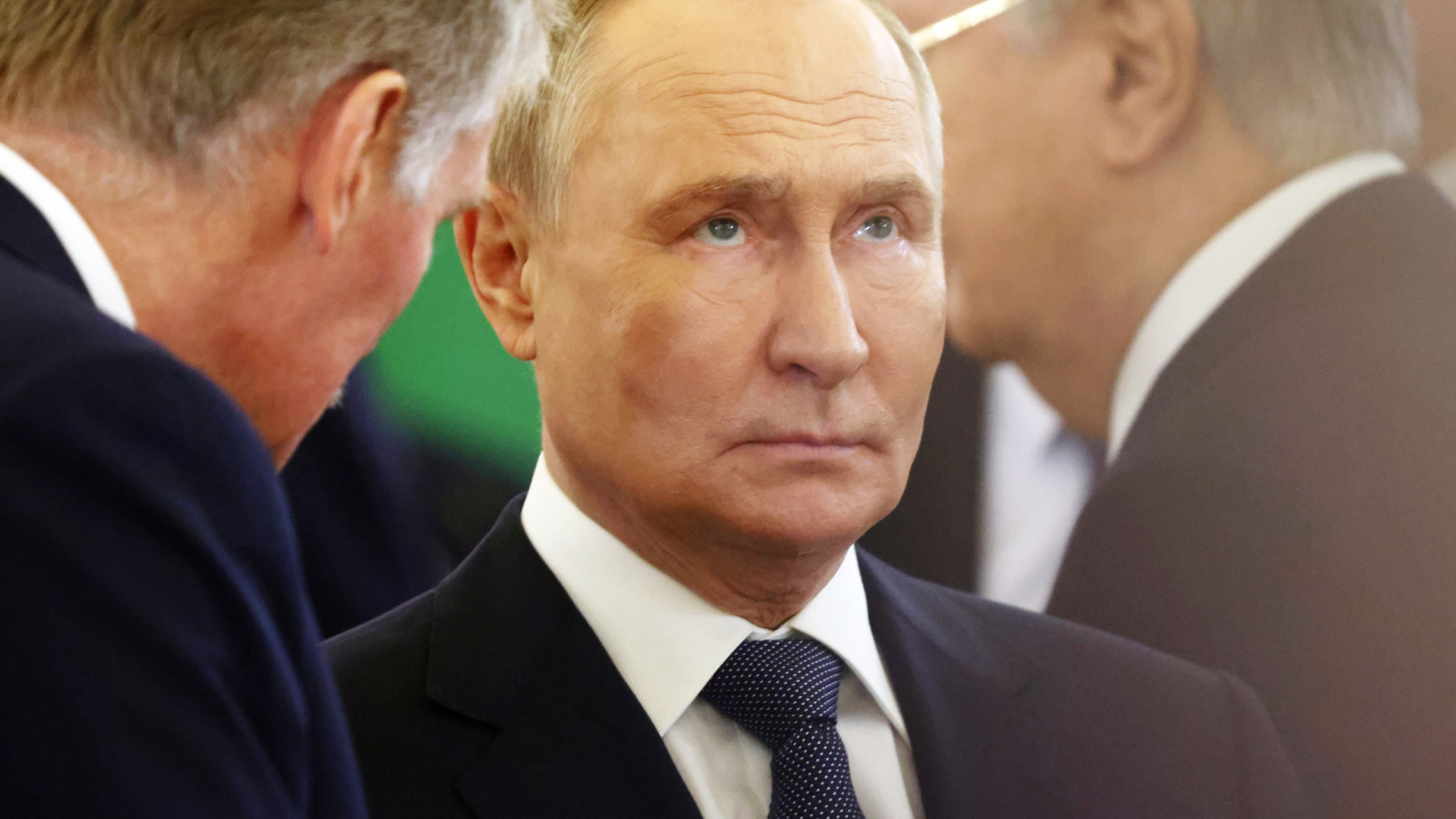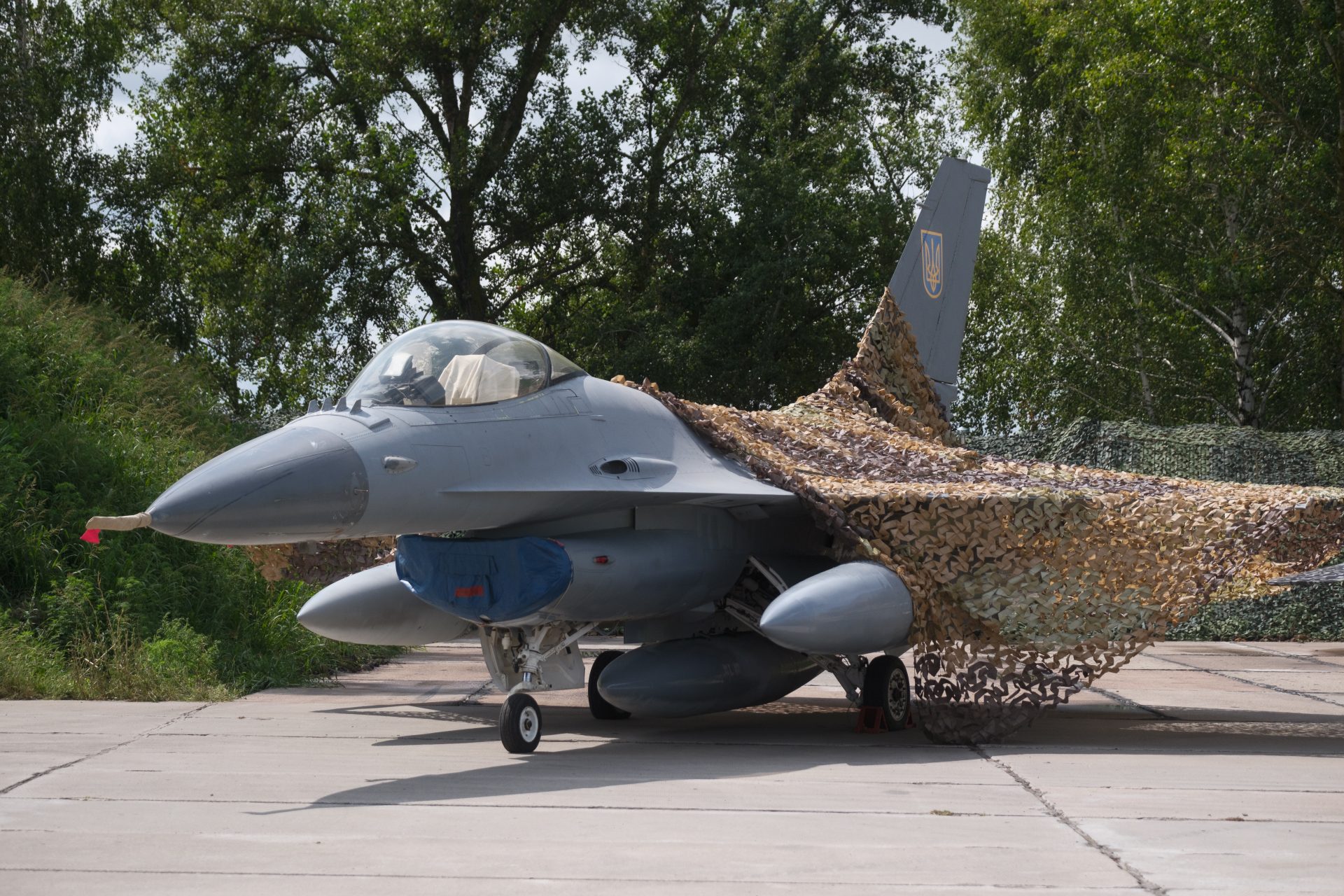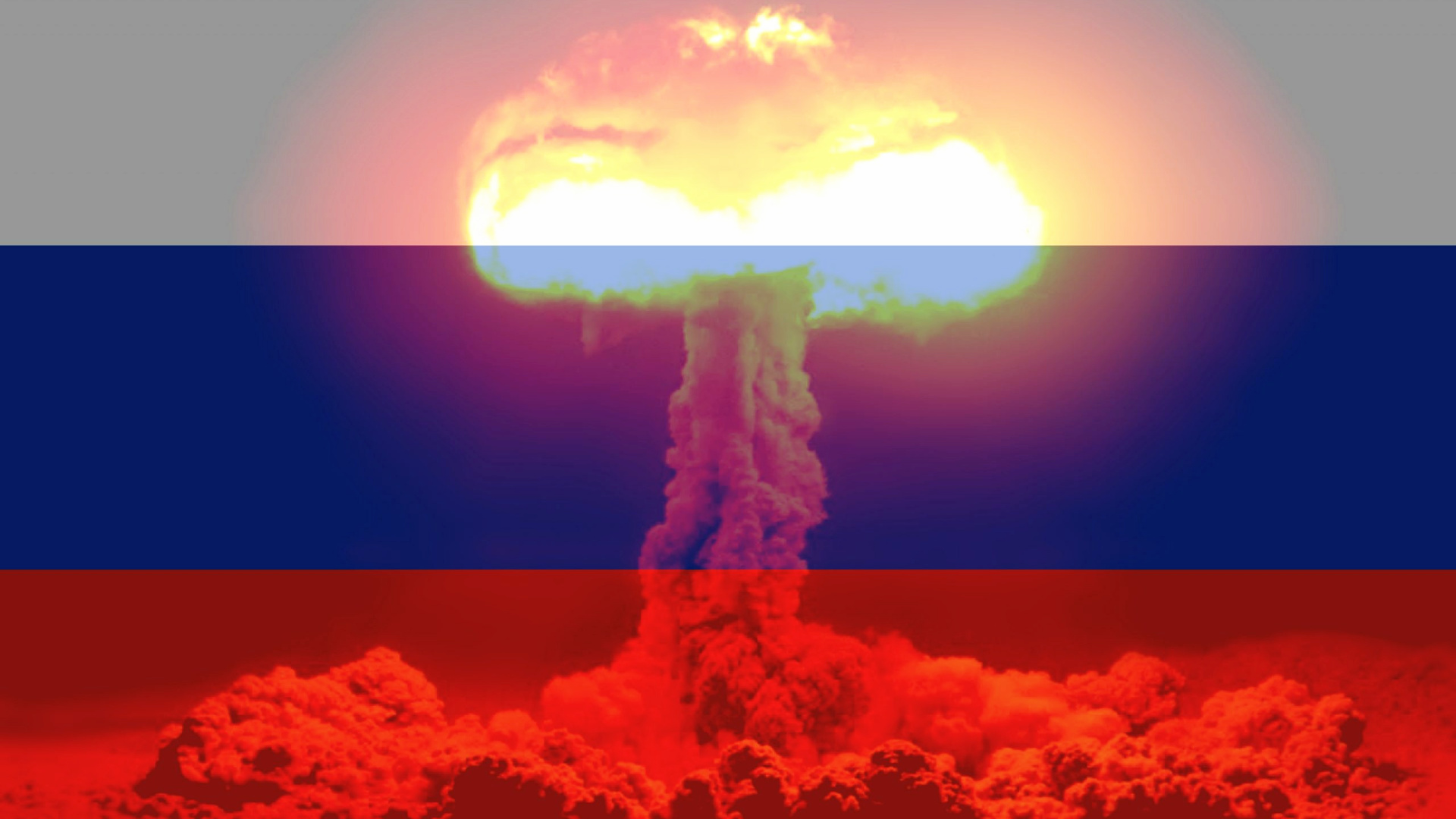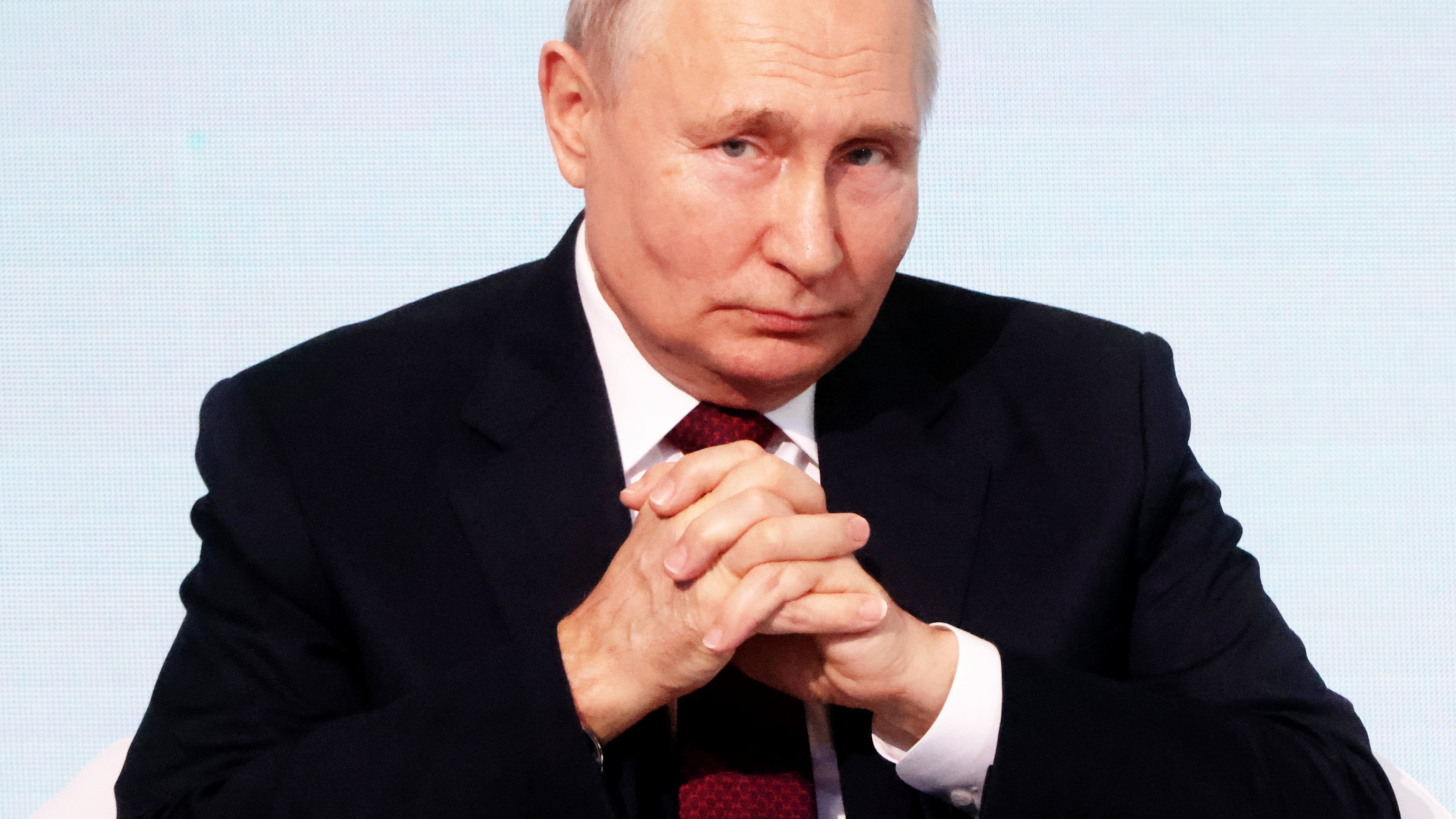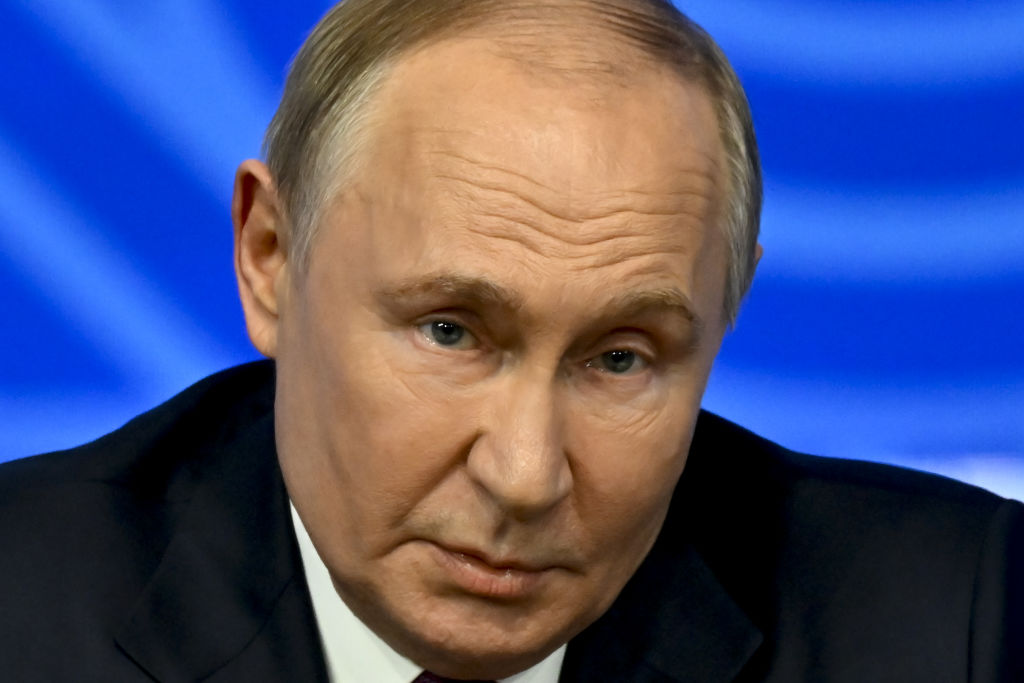A close Putin ally said the Baltic Sea is now a top priority for Russia
Nikolai Patrushev is a powerful Russian politician and close ally of Vladimir Putin and he recently pointed to NATO’s growing influence over the Baltic Sea as a major problem for Russia according to reports.
Patrushev served as Secretary of the Russian Security Council from 2008 until former Russian Defense Minister Sergei Shoigu was named to the position and Patrushev was given a position as an aide to Putin in charge of Russian shipbuilding.
Putin and Patrushev have known each other since the 1970s when they worked with one another in the Soviet Union’s Committee for State Security (KGB), and Patrushev played a major role in the invasion of Ukraine according to Newsweek.
While speaking with the Russian newspaper Kommersant, Patrushev revealed Russia’s plans to get more involved in the Baltic Sea, which borders nine nations, eight of which are NATO member states.
"The Americans and their European allies have taken a course towards the militarization of the Baltic Sea,” Patrushev said according to a translation from Newsweek. He added that such plans were a traditional strategy of NATO.
Patrushev went on to explain that “ensuring security in the Baltic is the most important military-political task” for Russia after Finland and Sweden joined NATO, and because of the undermining of the Nord Stream pipeline.
“Russia has been taking additional measures to protect its territorial integrity and economic sovereignty,” Patrushev added. “We must raise our role in the World Ocean” he continued before noting Russia needed to increase its own capabilities.
Patrushev’s concern makes sense. The Baltic Sea has been labeled a ‘NATO lake’ by some following the admittance of Finland and Sweden to the defensive alliance, a move that boxed Russian naval forces into an area now completely dominated by NATO.
The Russian invasion of Ukraine in February 2022 finally provided the last push for two of Europe’s long-time holdouts to join NATO. Finland and Sweden chose to join the alliance but their paths to admission took two different roads.
Finland was admitted into NATO as a member in April 2023 but Sweden’s membership was held up by Turkey, which ratified Swedish membership in January 2024 according to Reuters.
However, Hungary proved to be the final hurdle for the Nordic nation's acceptance into NATO and used Sweden's NATO membership as a way to gain leverage over other European states.
The last barrier to Sweden’s membership in NATO was cleared on February 26th, 2024 when Hungary ratified Swedish membership, a decision the New York Times noted shifted the balance of power between Russia and the West significantly in one key area.
The reason why the move was so significant was because of how it changed the strategic situation on the Baltic Sea. The region is now what some have labeled as 'NATO’s lake,' and the name makes a lot of sense when you look at it.
Andrew Dorman of the London-based think tank Chatham House argued that Sweden’s admission into NATO would make the country essential to the alliance’s defense plans due to the country’s strategic geographical position.
Sweden can serve as a land route to reinforce Norway or Finland if Russia ever went to war with NATO. But more importantly, Sweden’s membership has allowed the defensive alliance to effectively take over control of the Baltic Sea.
“This provides an alternative sea reinforcement option to the Baltic states other than the vulnerable land border between Poland and Lithuania which is within artillery range of the Russian-held Kaliningrad area and Belarus,” Dorman wrote.
The Daily Mail reported that other analysts have suggested that NATO’s control over the Baltic Sea has put Western allies in a good position to strangle Russian shipping routes in the sea if a war between Moscow and NATO ever broke out.
'If you look at a map then geographically the Baltic Sea is becoming a NATO lake, yes,” explained Finnish Institute of International Affairs research fellow Minna Alander. “But there is still work to do for NATO,” she added.
While the Baltic Sea may be within the full control of NATO members on its surface, the alliance still needs to worry about the trouble Russia could cause under the surface, a problem that has already been seen since the invasion of Ukraine.
In September 2022, the Nord Stream pipeline was the target of an attack that knocked it out of commission, and in October 2023, a gas pipeline running from Finland to Sweden and Estonia was damaged with reports suggesting it was a Chinese vessel.
Photo Credit: Wiki Commons By FactsWithoutBias1, Own work, CC-By-SA 4.0
While it is still unclear who was responsible for the Nord Nord Stream pipeline sabotage, the incident revealed just how easy it could be to disrupt major international infrastructure in the Baltic Sea.
“It's very difficult to have overall control of a sea as you would control territories on land,” explained Julian Pawlak of Bundeswehr University.
“What the Nord Stream sabotages have shown, among others, is that it remains hard to be aware exactly what is happening below the surface and on the seabed," Pawlak continued.
Andrew Dorman wrote in his assessment of the issue that while Russia has neglected much of its surface fleet, the country has preserved its “capacity to engage in undersea activity” like the ability to cut lines of communication and energy linkages.
Moreover, US Army War College professor John Deni was quoted by the Daily Mail as saying that Russia still has a lot of firepower based on its exclave of Kaliningrad that it can use for small-scale landings or to attack NATO supply lines.
“In terms of artillery, indirect fires, and nuclear-capable weapons [Russia] out-gun and out-range NATO allies in the region,” Deni said. “Allies have to meet that threat and counter it.”
So while the the Baltic Sea may appear to be a NATO lake for now, it is not as secure as some may believe. However, it still is a major strategic issue for Putin, but one that may soon be receiving a lot more attention if Nikolai Patrushev's recent remarks are to be believed.
More for you
Top Stories



